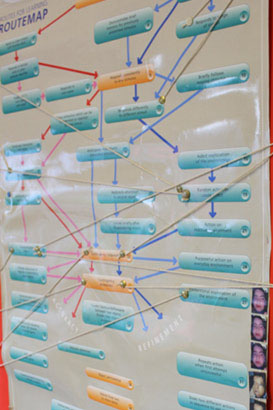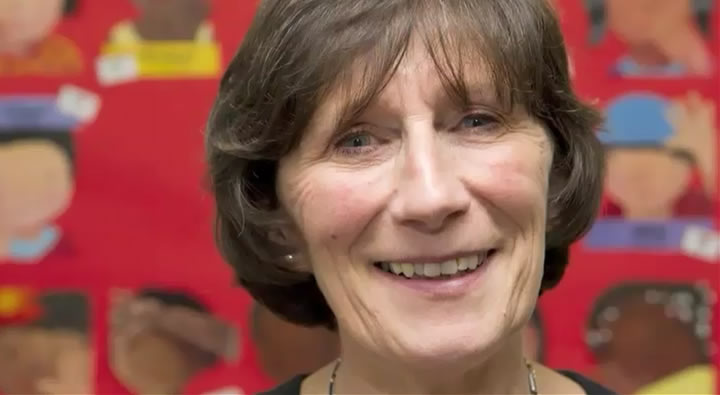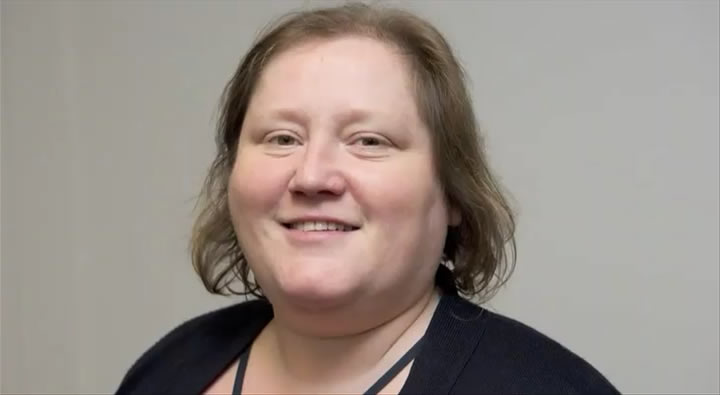...we support the view that skilled and precise assessment of pupils' work - both of the level at which children are working and of what they should be learning next - is an essential part of good teaching.
The Importance of Teaching: Schools White Paper, 2010
Assessment, of course, always informs your planning, that's the whole purpose of it!
A special school teacher

Assessment for learning is the process of seeking and interpreting evidence for use by learners and their teachers to decide:
- Where the learners are in their learning
- Where they need to go, and
- How best to get there.
Some of the ways that teachers use pupils' self- assessment for learning in a special school are examined in Level B. However, because some pupils have cognitive and communication difficulties, teachers cannot always rely on the accuracy of this form of assessment to inform their planning.
Listen to Lorraine, a mathematics teacher in a special school, talking about how learning is assessed and tracked.
Notice how Lorraine's assessment feeds into her planning.
In this clip, a specialist teacher explains how the Assessment for Learning framework can be adapted to enable pupils in a special school to self-assess and/or understand how well they have done.
Have a look at the document on cutting bureaucracy quoted earlier.

Audit assessment practice in your school.
What methods of assessment are used?
Do children have opportunities to self-assess?
If so, how is self-assessment data fed into planning.
Are all children included in self-assessment, even those with complex needs?
Work with colleagues to review the involvement of children in assessment processes in your school?
Are there areas where practice could be improved?
Make an action plan and discuss with senior staff and colleagues how this might be implemented.

Evaluate the impact of the changes you make in terms of:
- Children's motivation and learning, and
- The effectiveness of teachers' planning.

